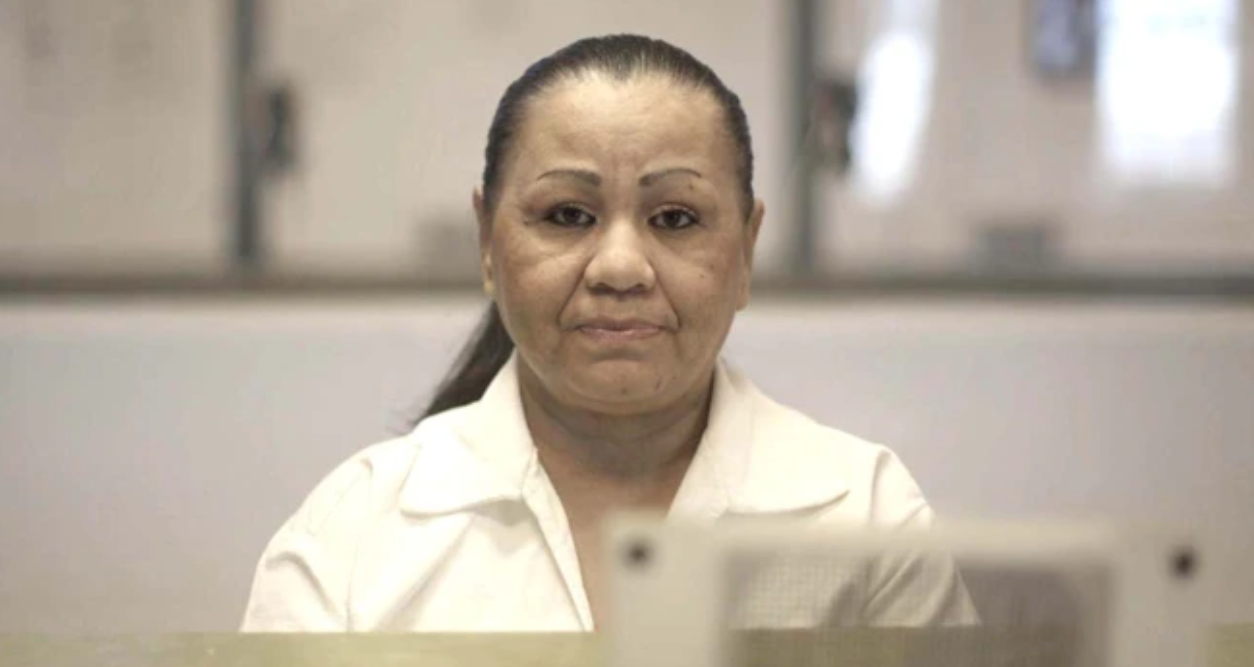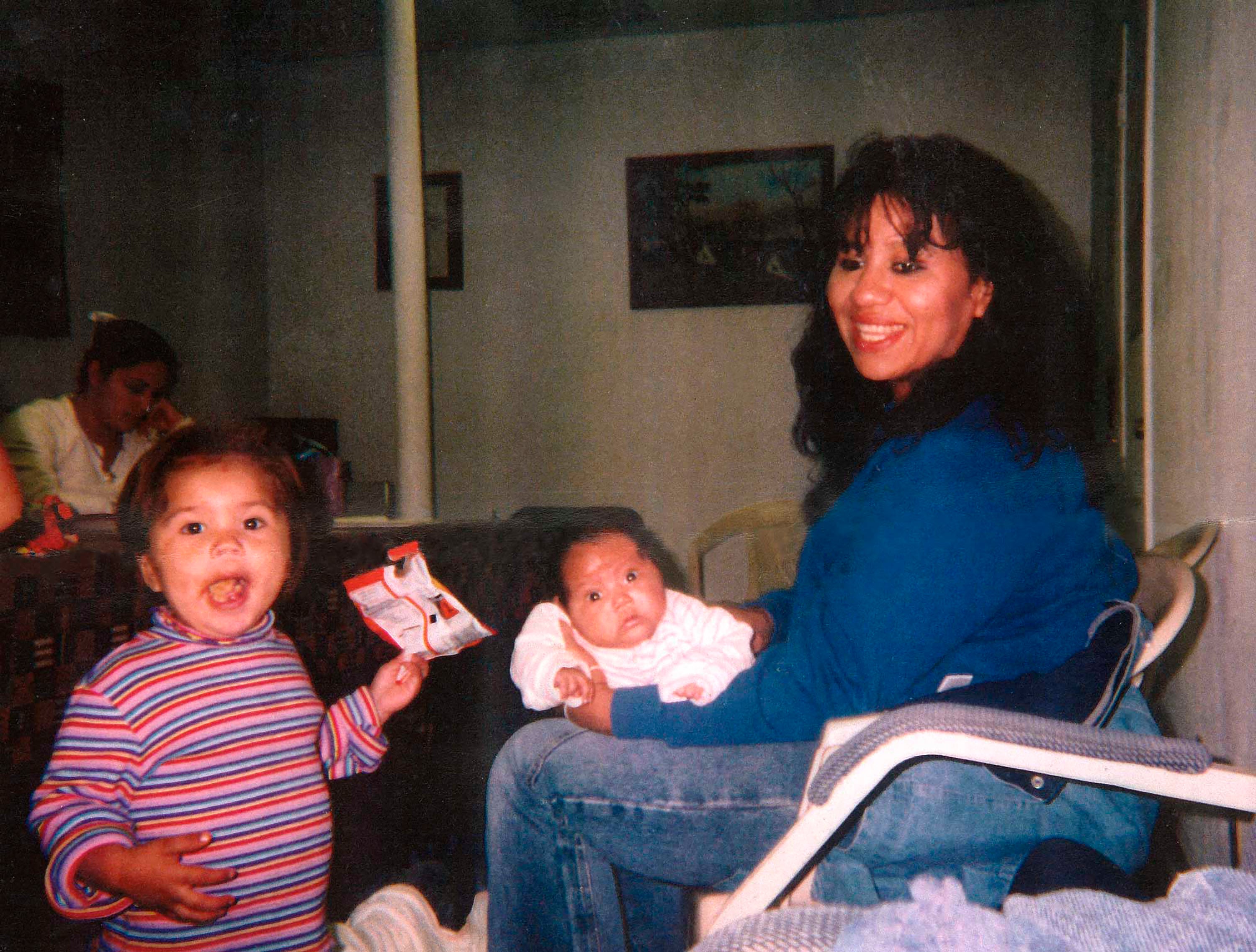I’m an expert in false confessions who looked at Melissa Lucio’s case. Texas is executing an innocent woman
This is one of the most tragic cases I’ve come across in my 40-year career

Your support helps us to tell the story
From reproductive rights to climate change to Big Tech, The Independent is on the ground when the story is developing. Whether it's investigating the financials of Elon Musk's pro-Trump PAC or producing our latest documentary, 'The A Word', which shines a light on the American women fighting for reproductive rights, we know how important it is to parse out the facts from the messaging.
At such a critical moment in US history, we need reporters on the ground. Your donation allows us to keep sending journalists to speak to both sides of the story.
The Independent is trusted by Americans across the entire political spectrum. And unlike many other quality news outlets, we choose not to lock Americans out of our reporting and analysis with paywalls. We believe quality journalism should be available to everyone, paid for by those who can afford it.
Your support makes all the difference.Melissa Lucio’s case is one of the most tragic I have come across in my 40-year career as a clinical forensic psychologist. It is an extraordinarily potent example of how a vulnerable person can be psychologically manipulated into falsely implicating themselves in a crime in response to interrogative pressure.
Last February, the Innocence Project asked me to undertake a comprehensive evaluation of admissions Lucio had made to Texas interrogators during a five-hour, night-time interrogation that began two hours after the death of her two-year-old daughter Mariah. When Mariah did not wake up from a nap on February 17, 2007, doctors determined she had died as a result of head trauma.
Today, forensic evidence suggests the child’s head trauma was probably caused by a fall from a flight of stairs two days before her death, witnessed by one of her siblings. But the investigators refused to accept that a fall had happened, or that the head trauma was caused by anything other than physical abuse. So, before an autopsy or any real investigation had even been conducted, the officers focused their attention and suspicions on Lucio.

The expert evaluation of the relevant evidence in the case, a detailed analysis of the video recorded interrogation, and recent psychological testing by a psychologist indicated profound problems with the so-called confession that investigators ultimately extracted from Lucio after hours of relentless interrogation.
So, what went wrong? First, the investigators misinterpreted Lucio’s apparently controlled demeanor in reaction to her daughter’s tragic death as a guilty conscious. Without any scientific basis, they interpreted her body language and behavior as evidence that Lucio had murdered her daughter. This was a fundamental error that drove the guilt-presumptive interrogation.
Second, the interrogators used the controversial Reid interrogation technique, which is guilt-presumptive, uses psychological manipulation to coerce confessions, and has been linked to countless false confessions. The two main components of the Reid technique involve the maximization of the suspect’s anxiety (here, this involved threats, rejections of Lucio’s repeated insistence in her innocence, and repeatedly forcing Lucio to look at photographs of her daughter’s dead body) and minimization of the act (here, expressing apparent understanding of and justification for “beating” her daughter). The interrogators refused to accept that Lucio was innocent and presented her with a forced choice: either she caused her daughter’s death accidentally — a less serious option that, if she admitted it, would result in lenient treatment by the justice system — or she was a “cold-blooded killer” who would undoubtedly face capital punishment.
It’s important to note here that there is a meaningful difference between the US and UK in terms of what investigators are allowed to do legally to obtain a confession. In the US, unlike in the UK, interrogators are, generally, allowed to deceive and manipulate suspects’ vulnerabilities, despite scientific evidence that such tactics place suspects at risk of false confession. The five interrogators in Lucio’s case used the US law to their full advantage to manipulate Lucio until she ultimately acquiesced to their demands.
Third, the investigators failed to show compassion and understanding of Lucio’s shock, grief, sleep deprivation, and exceptional vulnerabilities to false confession (including her below-average IQ, abnormally high levels of compliance and suggestibility, and her history of childhood trauma). Instead, officers played on her vulnerabilities by relentlessly accusing her of having abused and beaten her daughter to death and being a bad mother. Officers shouted at her and repeatedly pointed to photographs of her daughter’s dead body, until she acquiesced and started to incriminate herself using vague language — saying, for example, “I guess I did.”
Finally, officers forced her to enact the alleged beatings on a doll, with one of the investigators instructing her to hit the doll harder and harder, until she complied. By the end of the five hours, in apparent distress, Lucio told officers she wished she was dead.
The admissions that Lucio eventually made were tentative and inadvertent. When implicating herself, she repeated the words and narrative that officers had suggested to her for hours. And there was no tangible confession to murder. Nevertheless, her inadvertent admissions appear to have been exaggerated by the prosecution at her trial and used to convict her of a capital offense.
The salience, severity, and number of risk factors here were exceptional, creating a very high risk of false confession. Having carefully reviewed this case, I have serious doubts about the reliability of Lucio’s admissions and would urge a careful reconsideration of her case to prevent an irreversible miscarriage of justice.
Dr Gisli Gudjonsson is one of the world’s leading experts in false confessions and Emeritus Professor of Forensic Psychology at King’s College London
The Independent and the nonprofit Responsible Business Initiative for Justice (RBIJ) have launched a joint campaign calling for an end to the death penalty in the US. The RBIJ has attracted more than 150 well-known signatories to their Business Leaders Declaration Against the Death Penalty - with The Independent as the latest on the list. We join high-profile executives like Ariana Huffington, Facebook’s Sheryl Sandberg, and Virgin Group founder Sir Richard Branson as part of this initiative and are making a pledge to highlight the injustices of the death penalty in our coverage.